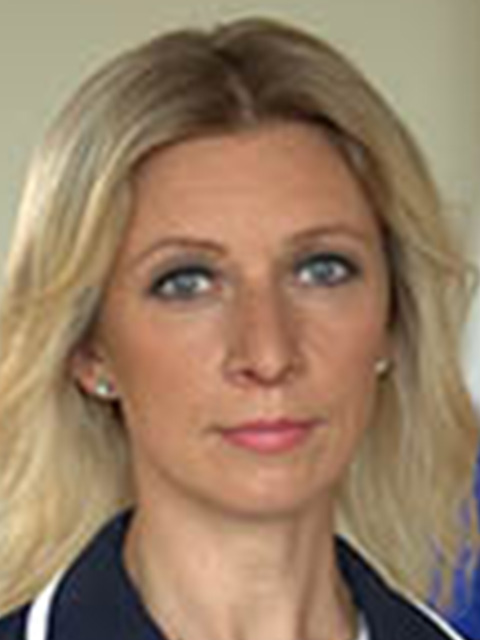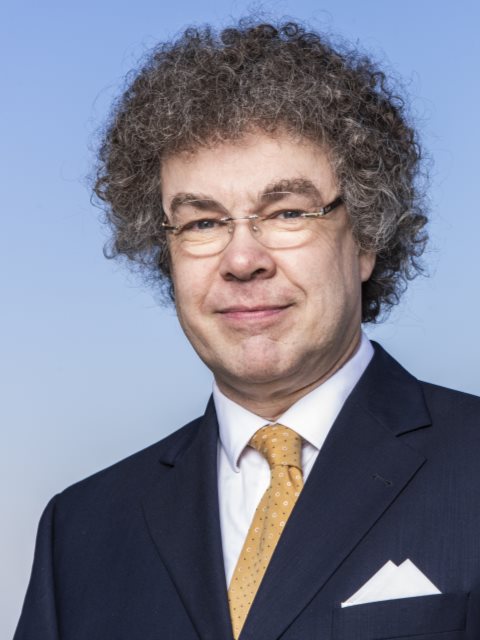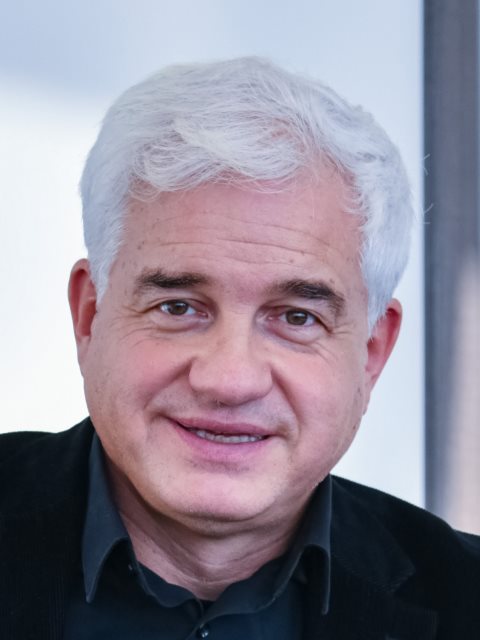New World – New Opportunities: How to Advance Russia’s Positions and Approaches Abroad
At the start of the 21st century, new centres of power gradually began to take shape and were bolstered politically by economic growth. Against the backdrop of political and economic crises, as well as the decline of the global governance institutions in which the “collective West” plays the leading role, the creation of these new centres of power laid the groundwork for a gradual transition from a unipolar to a multipolar world order, triggering the emergence of new global players and the formation of regional and inter-regional blocs. In 2022, after the start of the special military operation, the process of building a multipolar world order accelerated: the world saw that the West, to protect its dominance, was ready to try unilaterally “cancelling” countries in cultural, economic, geopolitical and other terms. As a result, in non-Western countries, demand has risen sharply for new formats and mechanisms of cooperation independent of the West and in line with the spirit of the times. The need for new approaches towards work in all spheres of international activity is coming to the fore. What role does humanitarian policy play in building international relations? How actively are young people participating in the transformation of the world order? How can major events such as the 2024 World Youth Festival help broadcast the ideas and values of a just world (preservation of identity, respect for sovereignty, balance of geopolitical centres of power)? Is humanitarian policy capable of effectively aiding the development of business ties? What is the media’s role in promoting the ideas of a multipolar world and sovereign development? What target audiences should we be working with? How can new media be used to overcome censorship and “cancellation” by Western countries? How can we achieve dialogue and cooperation between different countries, cultures and generations without restrictions?
Moderator
Arseny Mayorov,
Panellists
Alexey Goreslavsky,
Director General, ANO "Internet Development Institute" (IRI)
Maria Zakharova,
Director, Department of Information and the Press, Ministry of Foreign Affairs of the Russian Federation
Karin Kneissl,
Minister of Foreign Affairs of the Republic of Austria (2017–2019)
Matthias Moosdorf,
Member of the Bundestag for the Zwickau Сonstituency of the Federal Republic of Germany; Musician
Hans-Joachim Frey,
Artistic Director, Talent and Success Foundation
Kirill Shamalov,
CEO, Ladoga Menedzhment










